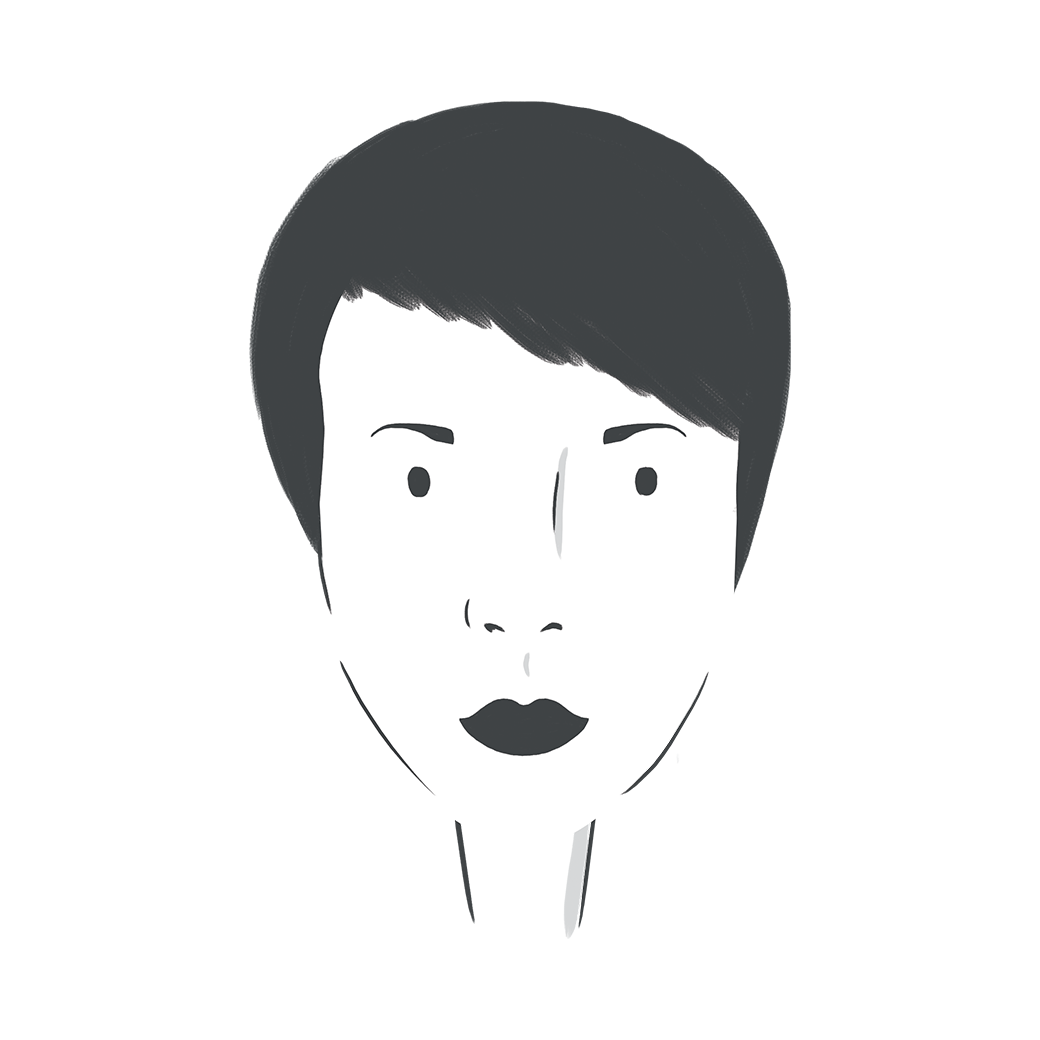Whenever Laura Evans-Fisk walks through a room, an air of self-confidence, positivity and belief often follows. Balancing professionalism with a radiant, warm personality, she is the perfect account manager – a role she was recruited to fill at one of the North’s leading digital agencies less than 18 months ago.
But just because today Laura happens to be the happiest woman in the office, that’s not to say she hasn’t had her fair share of experiences in regards to her mental health and emotional wellbeing. Far from it.
“During my postgraduate study at Leeds University I felt tremendously isolated and under a lot of pressure” Laura tells us. “The course was insanely difficult, my mum had just split up with an abusive partner and was living hand to mouth, my dad had had both his legs amputated, and things weren’t great with my partner.
“I ended up moving into student housing for space and freedom. This worked for a while, but a growing spot of mould on the windowsill bought everything into the forefront of my mind.
“I couldn’t stop thinking about the mould, and it would pop into my head at random times and make me feel physically ill. I couldn’t focus in seminars without the mould making an appearance, and suddenly this small spot of mould was the most horrific thing in my life, and out shadowed everything else that was difficult for me to deal with.”
From then until now, Laura has come an awful long way in a relatively short amount of time, and while she’ll probably be the first to admit each day comes with its own unique set of challenges, she’s now better equipped to deal with life’s obstacles thanks to a simple service offered by her university.
“After one particularly bad evening I knew I had to do something and I could no longer suffer in silence. I felt like I was being crushed by invisible walls.
“I’d heard about the services that the uni offered during my induction sessions, and after finding out the NHS waiting list was 13 weeks, I decided to contact them.
“As soon as the lady answered the phone I just cried at her. She calmly took my details, and booked me in for an hour crisis session, which would be an in-depth session to ascertain what, if any, help I needed.”
In the weeks that followed, Laura retreated to a small building, discreetly signposted off the main campus. Here, she attended six sessions – one hour per week – to discuss the things she’d previously tried tackling under her own exhausted steam.
“I was allowed to be who I needed to be – to cry to scream, to say nothing, and to say everything. Every week I healed a little bit more, and the university didn’t seem quite so lonely, and the workload became manageable. The mould was still there physically, but every week it mattered just a little less.
“I was asked to self-analyse my mental health on the first session, and then again at the end of my sessions – the difference was unbelievable. The service provided was exactly what I needed, when I needed it, with a waiting time of less than a week.”
Today, plenty of universities offer a service similar to the one Laura managed to take advantage of. However, where once they used to offer services hidden away from the beaten track of campus life, thanks in part to mainstream social media these services can now be seen advertising their practice across the web.
A great example of this is @ImNotFineKU – a service operated by Kingston University for students who feel like uni is squashing them and need some tips on how to chill (their words, not ours).
Offering students a safe space to talk openly about issues such as stress, anxiety, depression and other forms of mental health problems, the open and almost ‘in your face’ approach presented by I’m Not Fine is something that signfiies a new, open attitude to what has often been considered to be a taboo, ‘keep that to yourself’ kind of subject. Needless to say, it’s something we’re more than happy to applaud.
For Laura, looking back at her time at university will always ignite mixed feelings. On the one hand, it was a time of great stress, pressure and damaged mental wellbeing. Whereas on the other, it was a time where help was at hand when she needed it most – something that’s often overlooked by companies operating outside of the public sector.
“Without the services of the university I don’t know how I would have made it through that part of my life. It was my own private retreat, and the staff there built me back up to be the strong, resilient person I needed to be.
“Looking back, the hardest part of it all was just picking the phone up and making the call.”
